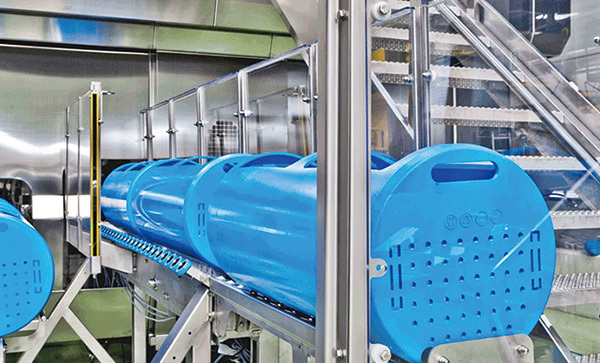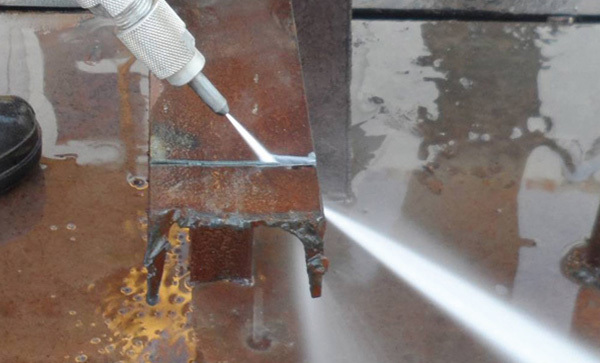HPP technology has the advantage of preserving biological activity in plant-based food processing
Fruits and vegetables are a convenient source of nutrition and a variety of bioactive substances for humans. However, processes such as peeling, cutting, and juicing can easily cause food to rot, so specific processing methods are required to ensure food safety and extend the shelf life of processed plant foods. Foods such as juices, smoothies, and purees are usually pasteurized. However, heat treatment can easily cause loss of nutrients and functions, and change the original color and flavor.
In recent years, consumers have an increasing demand for minimally processed foods, and non-thermal technologies including ultra-high pressure sterilization (HPP) have become increasingly popular with manufacturers. HPP technology does not destroy covalent bonds, preserves heat-sensitive molecules (such as vitamins and other bioactive substances) intact, ensures safe consumption while retaining the original properties of the food, and has become the most widely used non-thermal preservation technology in the industry.

Tel:
+86-18736438639
E-mail:
Get A Quote
Products of any complexity at the best price
COOKIES
Our website uses cookies and similar technologies to personalize the advertising shown to you and to help you get the best experience on our website. For more information, see our Privacy & Cookie Policy
COOKIES
Our website uses cookies and similar technologies to personalize the advertising shown to you and to help you get the best experience on our website. For more information, see our Privacy & Cookie Policy
These cookies are necessary for basic functions such as payment. Standard cookies cannot be turned off and do not store any of your information.
These cookies collect information, such as how many people are using our site or which pages are popular, to help us improve the customer experience. Turning these cookies off will mean we can't collect information to improve your experience.
These cookies enable the website to provide enhanced functionality and personalization. They may be set by us or by third-party providers whose services we have added to our pages. If you do not allow these cookies, some or all of these services may not function properly.
These cookies help us understand what you are interested in so that we can show you relevant advertising on other websites. Turning these cookies off will mean we are unable to show you any personalized advertising.








